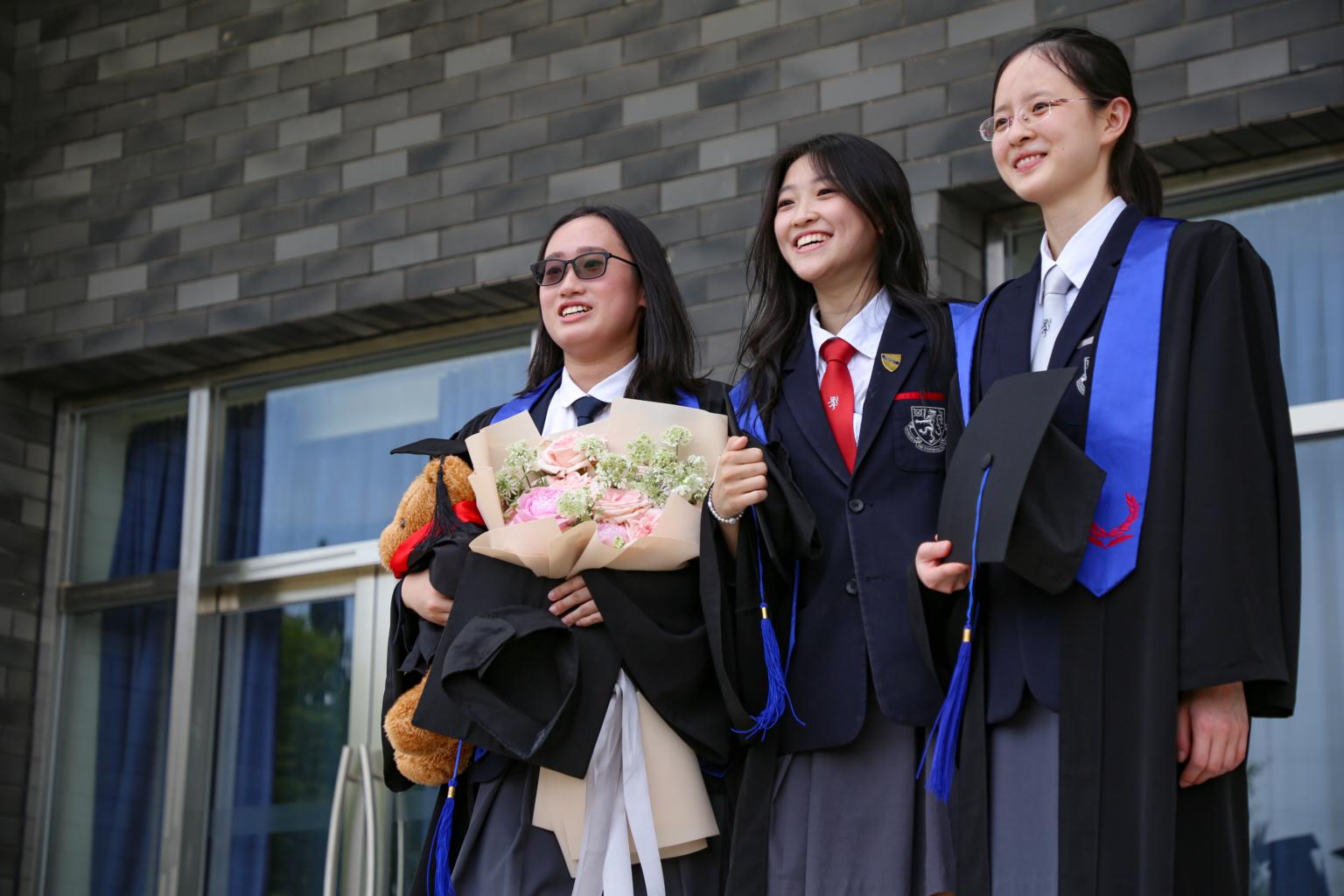Harrow School is dropping its British name in China
Sign up now: Get ST's newsletters delivered to your inbox

Harrow Beijing will change the name of its bilingual school to Lide.
PHOTO: HARROW BEIJING
Follow topic:
BEIJING (BLOOMBERG) - Harrow, the 450-year-old British boarding school that produced seven British prime ministers, including Winston Churchill, is dropping its British name in China as the country tightens controls on international schools.
Harrow Beijing will change the name of its bilingual school to Lide after the Chinese government last year banned schools with Chinese students from using foreign names and words like "global" or "international" in their titles.
"This is not irregular and does not reflect a specific change in the school's policy," said Ms Jennifer Cooper, head of brand for Harrow in Britain, adding that the name change applied to only one part of Harrow Beijing.
The Harrow International School in Beijing, which accepts foreign passport holders and caters mainly to expatriates, will be unaffected.
Harrow entered mainland China with much fanfare in 2020, but the operating environment has changed since then.
Even before Covid-19 lockdowns brought cities like Shanghai to a standstill, there were signs of foreign families exiting.
A survey conducted before the recent lockdowns showed most international schools across China losing 40 per cent to 60 per cent of their teachers and enrolment falling by 25 per cent in the next academic year, according to Mr Julian Fisher, an education consultant in Beijing and vice-chair of the British Chamber of Commerce in China.
Adding to the pressure is a nationwide crackdown on private education providers as the authorities seek to ease the burden on parents plowing their life savings into education and children overwhelmed by intense competition.
Officials at Harrow Beijing were not immediately available to comment. The change was first reported by the Financial Times.
"The international school environment has gone through various changes over the past decade and this is another step in the direction the Chinese government is taking to rein in the influence of foreign education," said Mr Wang, who owns an education consulting company in Shanghai and declined to provide his first name.
"Ironically, the effect of increasing government control is that it pushes parents even more towards leaving the country for education opportunities abroad."
English-language education has burgeoned into a US$55 billion (S$76 billion) market in the past two decades as growing middle-class populations in China and other regions see language skills and academic rigour as a way to give their children a leg-up in a global labour market.
The brand of Britain's top schools has given them a recruiting edge. For schools like Harrow and Dulwich College, an overseas push was expected to generate more funds for scholarships at home where they have faced pressure to broaden access beyond the wealthy elite.
British schools expanding abroad often enter into long-term franchising agreements, lending their name and educational expertise to a local partner who manages the school. Harrow's international partner is Asia International School.

